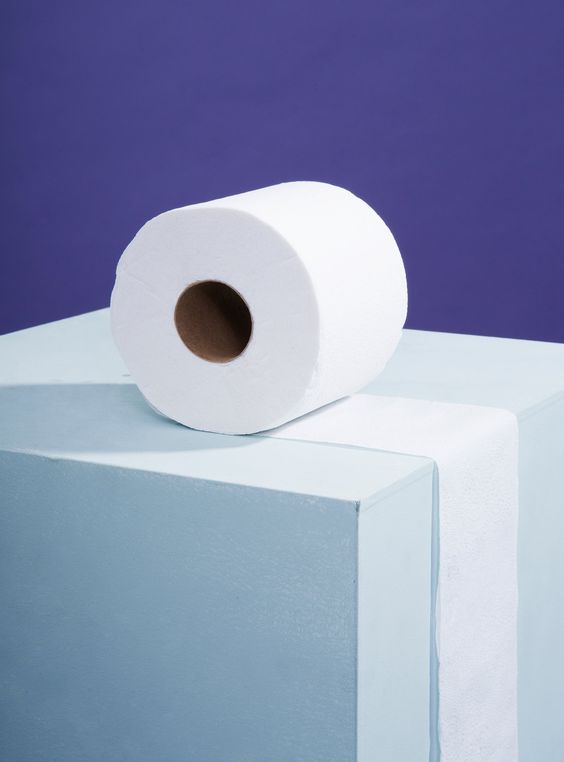
Let's Talk About Period Poop 💩 Understanding and Managing Digestive Changes During Menstruation
While period pain and mood swings are commonly spoken aspects of menstruation, there's one topic that often remains taboo: period poop . Yes, you read that right – changes in bowel habits during menstruation are entirely normal and experienced by many menstruators.
In this blog post, we'll delve into the phenomenon of period poop, why it happens, and how you can manage it for a more comfortable menstrual experience.
Understanding Period Poop
During menstruation, hormonal fluctuations, particularly an increase in prostaglandins, can affect the smooth muscles of the uterus and intestines. These hormonal changes can lead to a range of gastrointestinal symptoms, including bloating, gas, diarrhea, constipation, and yes, period poop!!
While not everyone experiences digestive changes during their period, it's not uncommon for menstruators to notice differences in their bowel habits during this time.
Why Does Period Poop Happen?
Period poop, an often overlooked aspect of menstruation, occurs due to various factors intertwined with the menstrual cycle. Hormonal fluctuations, primarily in estrogen and progesterone levels, play a significant role in affecting gastrointestinal motility, thus altering bowel habits. Additionally, prostaglandins, hormone-like substances produced by the uterus to regulate menstrual contractions, can also stimulate bowel contractions, leading to symptoms like diarrhea or increased urgency to poop.
Beyond hormonal influences, psychological factors such as stress and anxiety can exacerbate gastrointestinal symptoms during menstruation, contributing to issues like diarrhea or constipation. Changes in appetite and food cravings commonly experienced during periods can impact bowel function, further adding to digestive discomfort.
How To Managing Period Poop !
In managing period poop, it's essential to adopt various strategies to alleviate discomfort and maintain digestive health throughout menstruation.
Firstly, make sure you keep hydrated to facilitate smooth bowel movements and prevent dehydration-induced constipation. Incorporating fiber-rich foods like fruits, vegetables, whole grains, and legumes into your diet promotes regularity while being mindful of potential bloating triggers such as beans or carbonated beverages.
Get involved in doing stress management techniques like deep breathing, meditation, or yoga. This can help ease anxiety, thereby positively impacting digestive symptoms. Listening to your body's cues and promptly responding to the urge to defecate is crucial. Lastly, open communication with your healthcare provider is vital, especially if you are experiencing severe or persistent digestive issues during menstruation, as they can provide insights into underlying causes and recommend suitable treatment options.
Period poop may not be the most glamorous topic, but it's an entirely normal part of the menstrual experience for many people. By understanding why it happens and implementing strategies to manage digestive changes during menstruation, you can navigate through your period with greater comfort and ease. Remember that everyone's body is unique, so it may take some trial and error to find the approach that works best for you. Don't be afraid to experiment with different techniques until you find what helps you feel your best during your period
